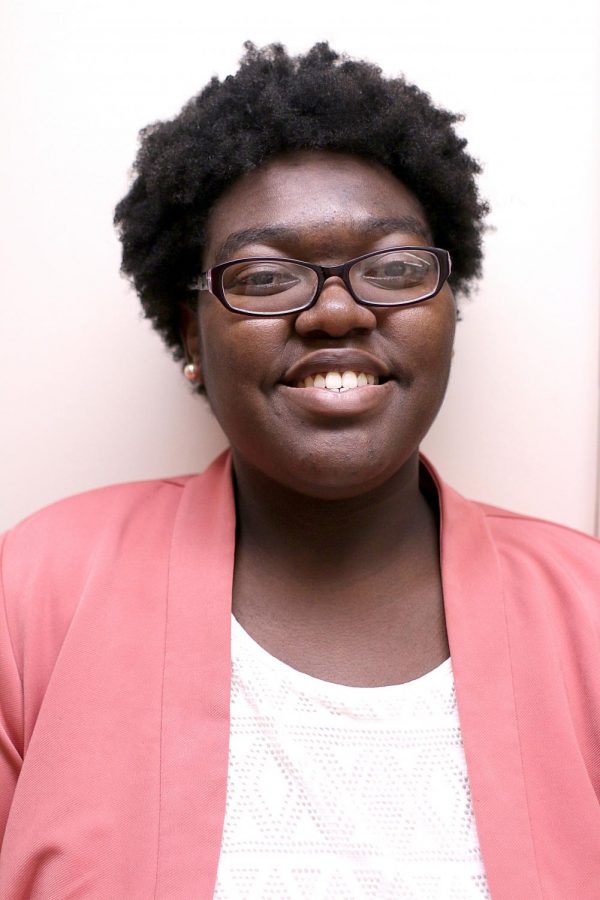Millennials could determine next president
November 3, 2016
U.S. citizens are about to elect a new president, and millennial voters could play a huge part in that.
Almost 20 percent of those who voted in the 2012 general election were millennials, which was around 23 million voters, according to a 2012 POLITICO voting analysis article. Although this might sound impressive, it was only about half of eligible millennial voters.
This year, the number of eligible millennial (age 18-35) voters is 69.2 million, and the eligible baby boomer (52 – 70) voters make up 69.7 million as of April, according to Pew Research Center. This is the closest millennial numbers have come to those of Baby Boomers.
When combining closer related generations, as of July, 56 percent of eligible U.S. voters are millennials and Gen X adults (age 36 – 51), and the other 44 percent are baby boomers and other older generations, according to Pew Research Center.
Although the number of younger generation voters outweigh the older, younger voters will lack representation in the results if they don’t vote in the 2016 election.
Millennials are the most liberal of the generations, but they are also more independent, meaning they are less likely to vote based on party affiliation, according to a Bentley University study.
Hopefully, this translates into millennials making more thoughtful decisions about who best represents their wants for the country as well as who would overall be the most responsible leader.
Although millennials have the power to choose this type of leader, there are common reasons why they don’t regularly have the presence they could on voting day.
A major reason most young people do not vote is they feel they are not educated enough about the candidates, said Tim Collins, chair of the Department of Politics, Justice and Law in a February 2016 article.
“They don’t know how to get involved with it, and they don’t think that it does very much as a result,” he said. “The more you know about it, the more likely you are to get involved with it and to vote and make a difference.”
If any UNA students feel they are not informed enough to make the decision, there are numerous ways to change that.
Websites like ontheissues.org and isidewith.com allow users to compare their stances on issues to the candidates’. These sites take the guesswork out of picking a candidate.
Another likely reason for low millennial turnout is a lack of supportable candidates, Collins said.
However, no candidate will be perfect, and at the end of the day, one of the candidates on the ballot, or possibly a write-in, will be the next president of the United States. Having a say in who is selected is better than not voting and possibly being disappointed in the outcome.
It’s also important to remember that, although this country favors a two-party election system, there are four major candidates on the ballot. If someone agrees with the politics of a non-Democratic or Republican candidate, like Jill Stein or Gary Johnson, they should vote for that person and not succumb to those who say a vote for a non-major party or independent candidate is a wasted one.
All in all, the person who receives the presidency might not affect a voter’s day-to-day life, but that person will be able to support or oppose major policies in our country, as well as represent the U.S. to the rest of the world.
If seeing the decisions of millennials represented in the polls seems important, have a say in who this winner is come Nov. 8.








